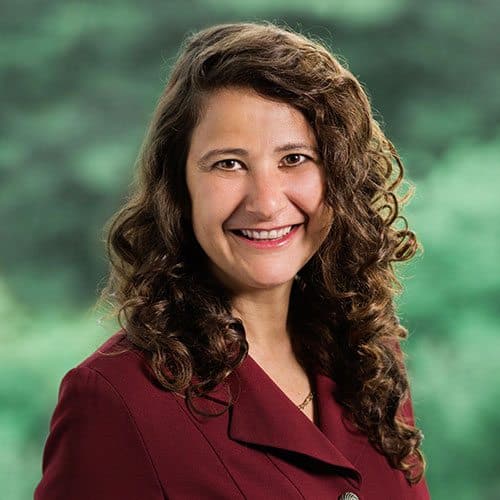 Don’t Stand, Don’t Stand So, Don’t Stand So Close to Me
Don’t Stand, Don’t Stand So, Don’t Stand So Close to Me
Unlike unwritten rules referring to the social norms, customs, and expectations that guide behavior in various contexts, such as maximizing personal space in an elevator, or bringing a small gift when invited to someone’s house, SECURE 2.0 brings rules that must be followed effective on January 1, 2024, even though the related plan amendments are not due until 2025. For example, SECURE 2.0 requires employers to give Long-Term, Part-Time Employees (LTPT) the opportunity to contribute elective deferrals to retirement plans effective on January 1, 2024.
What Have You Done for Me Lately?
Lately, means for the past three years, in the case of LTPT administration. For the first plan year beginning on or after January 1, 2024, 401(k) plans must allow employees who have worked more than 500 hours in the past three consecutive 12-month periods to contribute elective deferrals (401(k) contributions) into the plan. LTPTs must be credited with a year of vesting service for each year in which they complete more than 500 hours. In most cases, LTPT employees will receive a year of vesting credit in a fraction of the time required of other participants, who often need 1,000 hours to receive one year of vesting credit. However, LTPT employees’ are only required to be offered the opportunity to defer, and elective deferrals are fully vested at all times, so the vesting rules will only become relevant if and when LTPT employees receive an employer contribution.
To properly test that newly eligible LTPT employees were given the opportunity to defer starting on January 1, 2024, auditors will request census information for the years 2021, 2022, and 2023 and verify how they were informed of their eligibility.
Although the Secure 1.0 eligibility requirement regarding LTPT employees takes effect beginning with the 2024 plan year, the related plan amendments are not due until 2025.
For 2025 plan audits, the auditor will only request two years of census information. SECURE 2.0 reduced the eligibility service to two consecutive twelve-month periods, effective January 1, 2025.
Follow the Rules, NOT the Plan Document!
Plan sponsors should collaborate with their third-party administrator or bundled provider to properly administer:
- eligibility periods
- entry dates
- vesting service
- Summary of Material Modifications
Say What You Need to Say
Once amended, the plan document should reflect the plan operations prior to the completion of the required amendment: Say As I Do, so that I can continue to Do As You Say.
